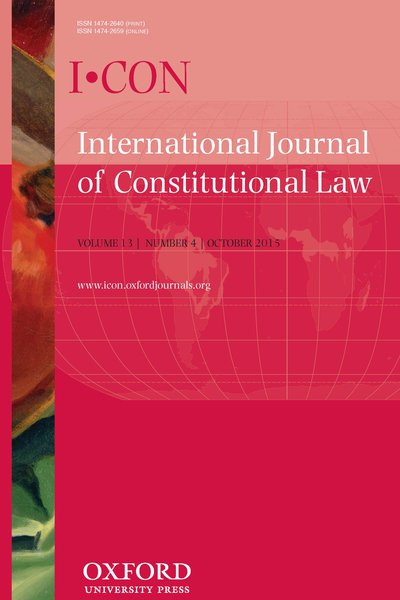12 Feb 2016
Journal Articles
Eckhardt, Jappe
,
Elsig, Manfred
Support for international trade law: The US and the EU compared

In this article we compare United States and European Union support for bilateral and multilateral international trade law. We assess the support for international law of both trading blocs by focusing on the following four dimensions: leadership, consent, compliance and internalisation. Although we find strong support for international trade law from both the US and the EU in general, we also witness some variation, most notably in relation to the design of preferential trade agreements (PTAs) and compliance with World Trade Organization (WTO) law. Turning to explaining these (moderate) differences, we argue that outcomes in US trade policy can best be explained by a domestic political factor, namely the direct influence of interest groups. Although the involvement of societal interests also goes a long way in explaining EU behaviour, it does not tell the entire story. We posit that, in EU trade policy, institutions are a particular conditioning factor that needs to be stressed. Moreover, we suggest that foreign policy considerations in managing trade relations have characterised EU’s support for international trade law.
Support for international trade law: The US and the EU compared

